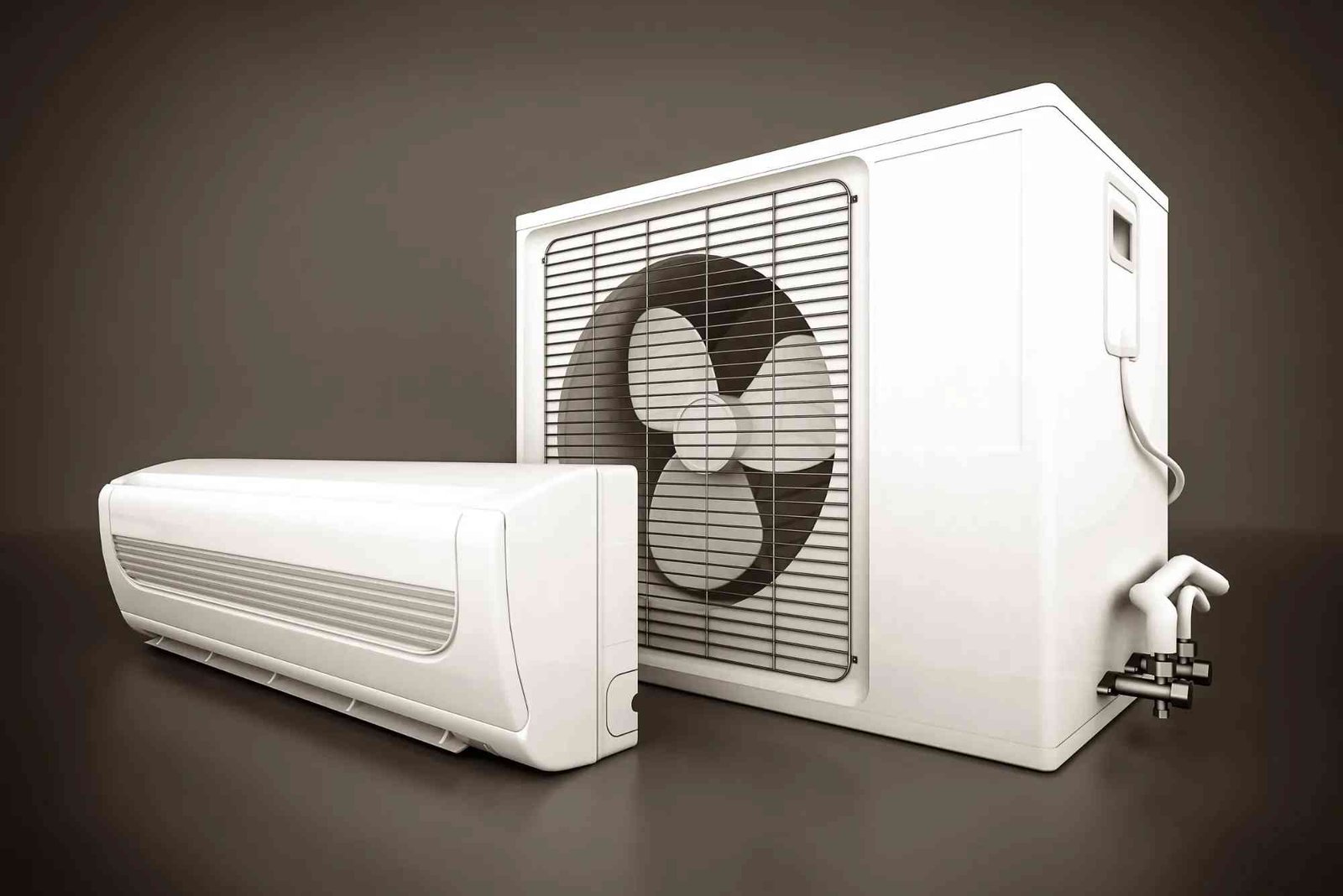As someone who has spent years observing financial markets and helping people make informed money decisions, I often get asked: “Should I wait for interest rates to fall before buying?” It’s a great question—and not one with a simple yes or no answer. Whether you’re looking to buy a home, invest in property, or even make big-ticket purchases like a car, interest rates directly impact your financial health. But the decision to wait or act now is more nuanced than it might seem.
Let’s break this down and look at how interest rates work, what factors should influence your decision, and how broader financial elements—like currency exchange and swift transactions—play into this choice. I’ll also tie in some real-world scenarios to give you practical insights, so you can walk away with a clear head and a solid plan.
Understanding Interest Rates: More Than Just a Number
At the most basic level, interest rates are the cost of borrowing money. They’re influenced by central bank policies, inflation, economic growth, and global events. When interest rates rise, borrowing becomes more expensive. Mortgage payments increase, credit card debt grows heavier, and car loans suddenly don’t feel so affordable. Conversely, when rates drop, borrowing becomes cheaper and more attractive.
But here’s the catch: interest rates rarely operate in isolation. They’re part of a larger economic puzzle that includes inflation, employment rates, government policies, and even international banking trends. So if you’re planning to buy a home or make an investment, waiting for rates to fall might sound appealing, but it also comes with risks.
Timing the Market vs. Timing Your Life
One of the biggest mistakes I see people make is trying to time the market perfectly. It’s understandable—no one wants to buy at the wrong time and pay more in the long run. But the truth is, the “perfect” time rarely exists.
Let’s say you’re waiting for interest rates to drop from 7% to 5%. That 2% drop could save you thousands over the life of a mortgage. But what if property prices rise in the meantime? Or what if lending conditions tighten, making it harder to qualify for a loan even with lower rates?
Instead of trying to predict the future, focus on your current financial situation. Ask yourself:
- Can you afford the monthly payments at today’s interest rates?
- Do you have a stable income and emergency savings?
- Are you planning to stay in the home or hold the asset long-term?
If your answers are yes, it might be wiser to proceed—even if rates are a bit higher than you’d like.
Real-World Example: Buying Property in a Volatile Market
Last year, I had a client in Dubai who was hesitant to buy an investment apartment because rates were hovering around 6.8%. He was convinced they would fall soon, so he waited. Six months later, not only had interest rates not dropped, but property prices had risen by nearly 12%. In hindsight, locking in at 6.8% would have given him a better deal overall.
The point is: opportunity cost matters. Waiting for the “ideal” interest rate can cost you more than you save, especially in hot real estate markets or when inflation is eating into purchasing power.
The Role of Currency Exchange and Swift Transactions
If you’re an international buyer or someone managing finances across borders, the picture gets even more complex. Currency exchange rates and international transfer systems like SWIFT can significantly impact your buying decision.
For instance, let’s consider Al Fuad Exchange rate trends. If you’re buying property abroad or sending money for a down payment, the exchange rate between your local currency and the destination currency can add (or subtract) thousands from your budget. Even a small shift in exchange rates can have a big impact.
Suppose you’re transferring AED to GBP for a property purchase in the UK. A favorable Al Fuad exchange rate can offset slightly higher interest rates, making the transaction more manageable. On the flip side, a poor rate combined with high interest could make the deal financially unsound.
Similarly, understanding how SWIFT codes work and choosing the right bank for international transfers can make a difference. For example, if you’re banking with Bank of Maharashtra and want to send funds internationally, you’d need the SWIFT code bomlaead for a smooth transaction. Delays or errors in SWIFT transfers can cost you time and money, especially when locking in loan approvals or paying time-sensitive deposits.
Fixed vs. Variable Rates: What’s Better Right Now?
Another key decision when considering whether to buy now or wait is choosing between fixed and variable interest rates. With fixed rates, your payments stay the same regardless of market changes. Variable rates can start lower, but they fluctuate with the market.
In today’s economic environment, where rate hikes and drops seem to swing back and forth, many experts lean toward fixed rates for peace of mind. That said, if you’re financially flexible and can handle a possible rate increase in the future, a variable rate might offer short-term savings.
In my personal case, I locked in a fixed rate when buying my last home. Sure, variable rates dipped below mine at times—but the stability of knowing exactly what I’d pay each month was worth the trade-off. It’s not always about squeezing every penny; sometimes it’s about sleeping better at night.
How Global Events Can Affect Your Decision
Global events—from wars and pandemics to supply chain issues and central bank decisions—can all affect interest rates, inflation, and lending standards. Just look at the past few years: we’ve seen some of the fastest rate hikes in history, followed by whispers of cuts as economies slow.
If you’re thinking of waiting for a drop, be aware that central banks like the Federal Reserve or the UAE Central Bank often take a cautious approach. They’re not going to slash rates overnight unless there’s a major economic downturn—and in that case, you’d likely face other financial headwinds.
Waiting might not just mean delaying your plans—it could mean missing out on them entirely.
So, Should You Wait or Buy Now?
Here’s the bottom line: there’s no one-size-fits-all answer. But I can share a framework that has helped many of my clients:
- Evaluate your personal finances. Can you comfortably afford the purchase at today’s rates?
- Consider the long-term horizon. Will this investment or home serve you well for at least 5-10 years?
- Factor in opportunity costs. What might you miss by waiting—price appreciation, rental income, or lifestyle upgrades?
- Watch the market, but don’t obsess. Stay informed, but don’t let analysis paralysis rob you of good opportunities.
Incorporate tools like currency trackers (especially if you’re watching the Al Fuad exchange rate) and bank details for timely transfers using codes like SWIFT code bomlaead, so you’re ready to act when the time is right.
And lastly, talk to a financial advisor or mortgage specialist. Sometimes, just running the numbers with a pro can make your decision much clearer.
Final Thoughts
Buying during higher interest rate periods isn’t ideal, but it’s not a dealbreaker either. Life doesn’t always wait for perfect timing, and neither should you if you’re otherwise ready. Make informed choices based on your personal goals, not just headlines. Interest rates will rise and fall again, but smart financial decisions tend to hold up regardless of the cycle.
If you’re sitting on the fence, don’t be afraid to take a step back, assess your readiness, and move forward with clarity. Whether rates drop next month or next year, your financial future should be built on intention, not speculation.
Let me know in the comments: Are you thinking of buying soon? What’s holding you back? Let’s talk it out.



